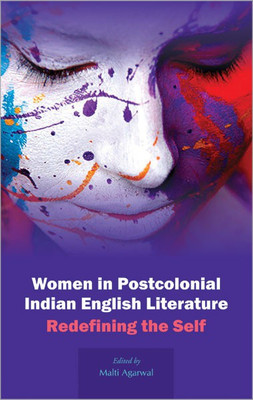Women in Postcolonial Indian English Literature Redefining the Self(English, Hardcover, unknown)
Quick Overview
Product Price Comparison
Within the social structure of India itself, there had been a typical man-woman relationship in terms of dependence and support. Woman was supposed to be the ŌĆśotherŌĆÖ, caught in the cage of native cultural ethos. But gradually, spread of education and economic independence certainly brought a change in womanŌĆÖs status in society; the Feminist movement also established her as an individual. Notwithstanding, she is still a victim of patriarchal rage, male domination, sexual harassment, colonial mindset of males and so on. She is not treated as a person but only as a possession. She is a victim not only of manŌĆÖs inhuman attitude but also of a systemŌĆöthe Hindu DharmaŌĆöwhich maintains that wife is her husbandŌĆÖs property and has no individuality outside that system. In Indian English Writings, the woman sometimes maintains the image of a self-sacrificial woman, to whom her pati is her parameshwar but sometimes she emerges as a revolutionary, struggling for her rights and standing against the patriarchal set-up of the Indian society. The writers of new generation like Shashi Deshpande, Nayantara Sehgal, Anita Desai, Githa Hariharan, Manju Kapur and others have depicted females who are no longer silent sufferers but have learnt to give voice, either vocally or silently, to their ŌĆśunvoiced resentmentŌĆÖ. The present anthology consists of thirty-one critical papers on the literary works of the eminent fictionists and dramatists of India.


